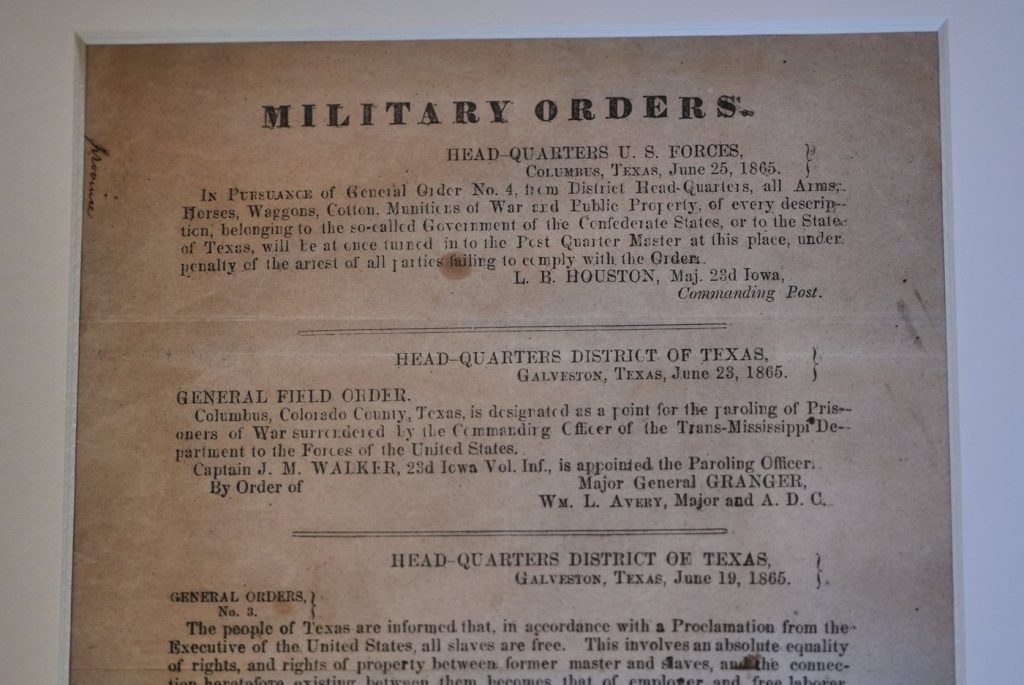Juneteenth, celebrated on June 19, marks the day in 1865 when enslaved people in Galveston, Texas, learned of their freedom, two years after President Abraham Lincoln's Emancipation Proclamation and the conclusion of the Civil War. This holiday has evolved over the past 160 years into a significant celebration, gaining wider recognition upon being designated a federal holiday by President Joe Biden in 2021.
This year, celebrating Juneteenth comes amidst unique political circumstances, with the current administration under President Donald Trump having enacted policies that restrict diversity, equity, and inclusion (DEI) initiatives in the federal government. This includes the removal of Black American history content from federal websites and discouragement of historical racial heritage celebrations. Despite these challenges, many Americans are anticipating time off work to join in festivities that include street festivals, fairs, and concerts leading up to the holiday.
Marc Morial, the president and CEO of the National Urban League, emphasized that everyone should feel comfortable celebrating Juneteenth, condemning any potential denial of observance as "reprehensible." He encourages individuals to understand and be able to succinctly explain the significance of Juneteenth.
Juneteenth can be celebrated in various ways, depending on individual preference. Originating as a day resembling a true Independence Day for Black Americans, festivities typically include picnics and family gatherings, devoid of the restrictions imposed by "Black Codes." Events often blend remembrance with celebration, ranging from community service and educational panels to festive gatherings featuring food and music. The White House is yet to announce any specific plans for Juneteenth 2023, following previous celebrations that included high-profile concert events.
For those unfamiliar with Juneteenth, Dr. David Anderson, a Black pastor and CEO, reflects on the lack of awareness many people have historically had regarding the holiday. He notes that many African Americans, especially those outside Texas, may not have been raised with significant Juneteenth celebrations. Nationwide, public events honoring Juneteenth vary in style and purpose, with some focusing on cultural festivities, including food trucks, arts and crafts, educational panels, and concerts.
In terms of decorations and traditional foods associated with the holiday, the African Liberation Flag, with its red, black, and green colors, is commonly displayed. More contemporary representations include the Juneteenth flag, which incorporates American colors and pays homage to the holiday's Texan roots. Culinary traditions on Juneteenth often emphasize red-themed foods, symbolizing ancestral sacrifice, featuring items like barbecue, red velvet cake, and drinks like fruit punch.
Commercial interest in Juneteenth has risen, with national brands selling themed merchandise; however, this year, availability appears limited. Morial encourages the support of African American vendors and suggests embracing the commercial aspect thoughtfully.
For those outside the Black community, Dr. Karida Brown, a sociology professor, encourages recognition and participation in Juneteenth celebrations, suggesting that understanding these shared histories enriches collective experiences. Over the years, Juneteenth has also been known by various names, including Freedom Day and Emancipation Day, reflecting its importance in the narrative of American freedom.
As with many holidays, greetings such as "Happy Juneteenth" or "Happy Teenth" are customary among celebrants, much like the greetings exchanged during Christmas festivities. This sense of community and shared history is paramount during Juneteenth, symbolizing collective remembrance and a celebration of freedom.











